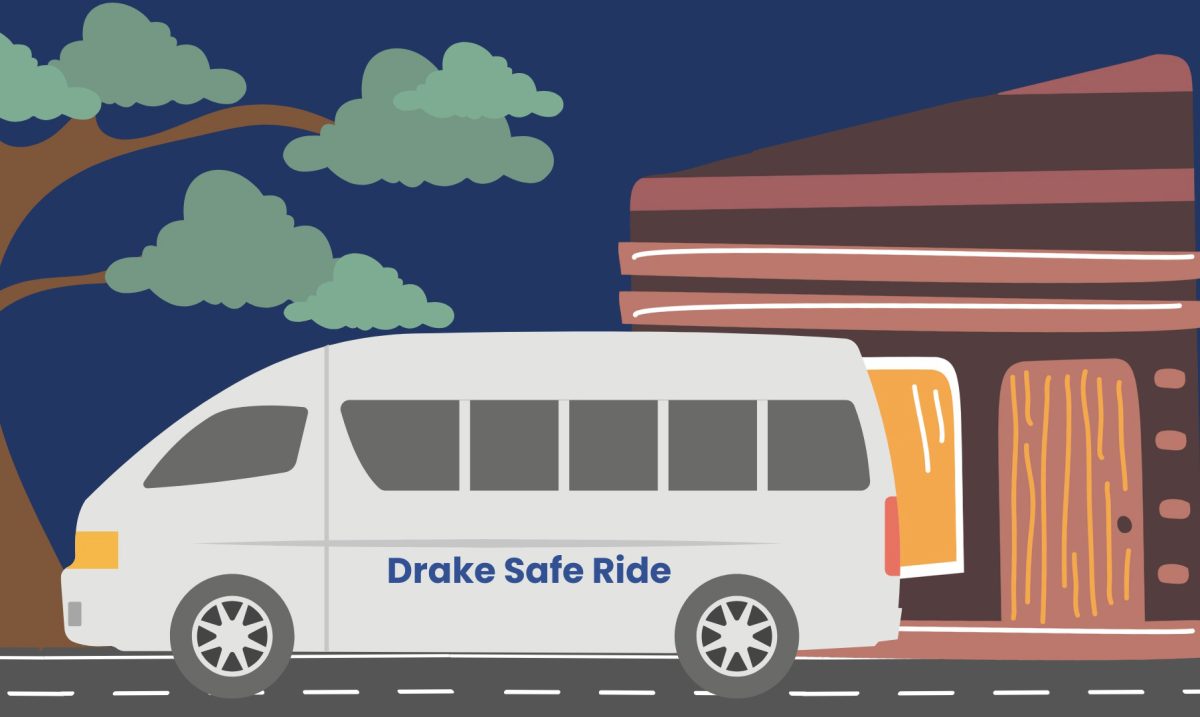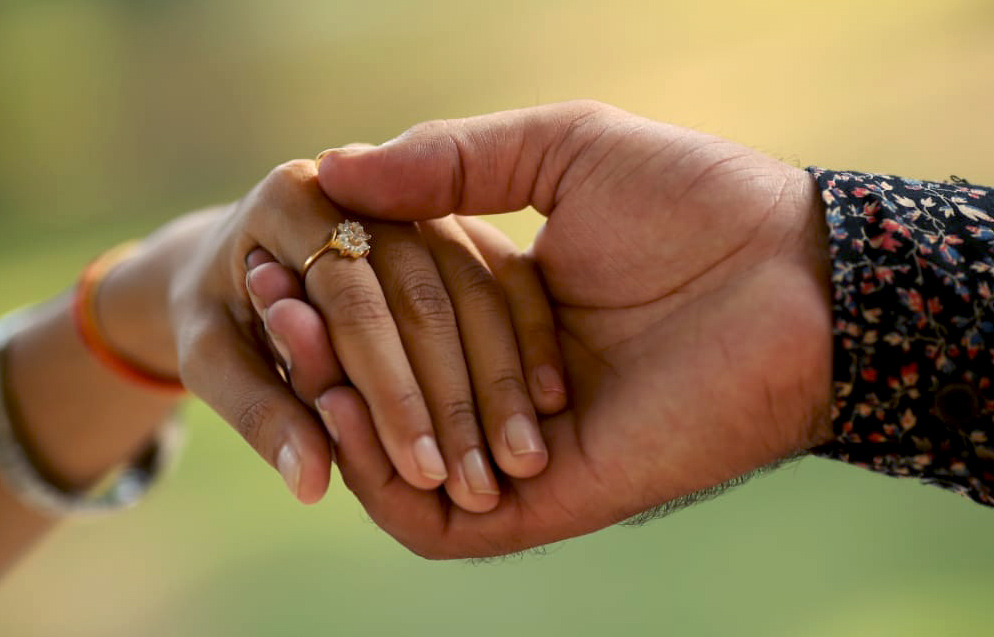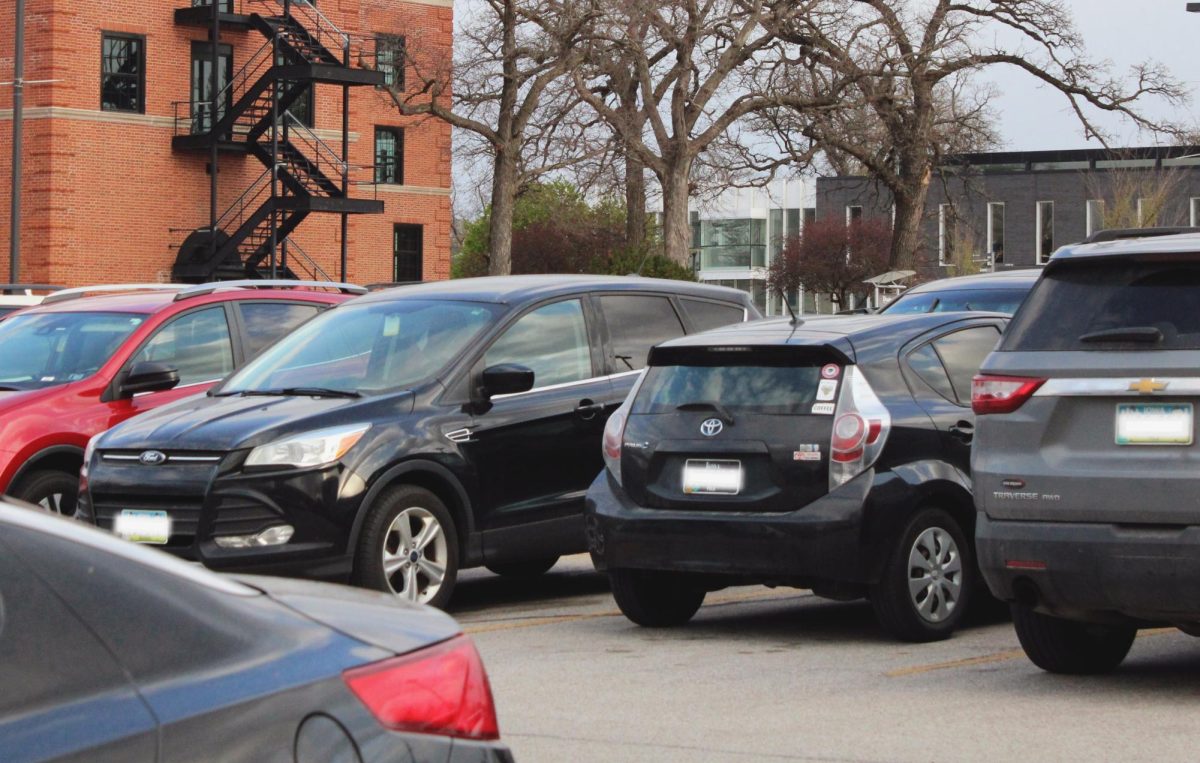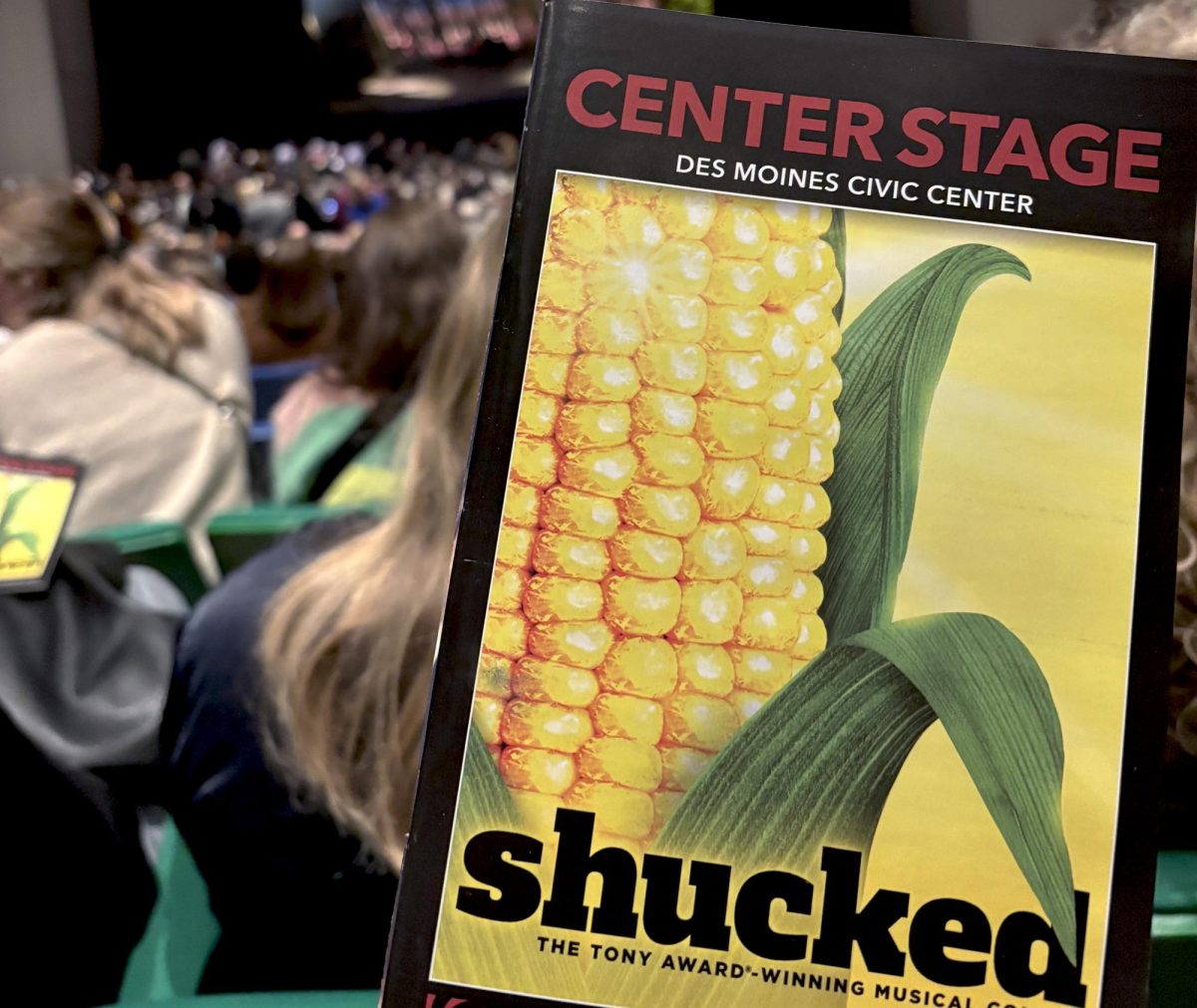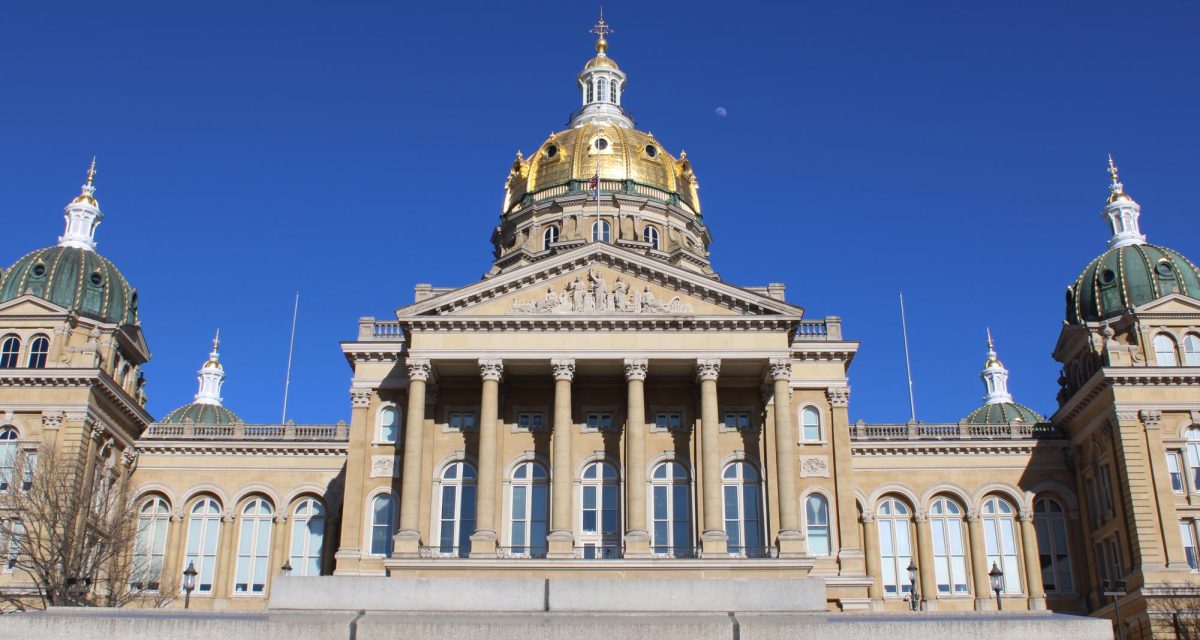The heightened activity on Drake University’s campus during the Drake Relays creates unique needs for active students as they juggle academic responsibilities and the social atmosphere that the event brings.
Resources are available to students on campus, including various health, security and safety programs. These support systems are designed to ensure that students can fully participate in and enjoy the events of Relays Week.
“We have a responsibility as an institution of higher education to do whatever we can do to improve the safety of our students and to go above and beyond,” said Scott Law, the executive director of Public Safety and University Operations at Drake.
“We’re here 24 hours a day, seven days a week,” Law said. In addition to the regular campus security team, a Des Moines police officer is on campus Thursday, Friday and Saturday evenings year-round.
Recognizing the high demands of Relays Week, the University boosts its security measures to maintain students’ safety, especially with heightened activity and large crowds, Law said. Law said that during Relays, Public Safety will add a second Safe Ride bus to run every night. Additionally, the campus presence of Des Moines officers will increase from one to four officers patrolling until midnight, then two officers patrolling until 4:00 a.m.
To further improve safety for students and visitors alike, Forest Avenue will be shut down for the entirety of the week.
“By closing Forest Ave., we prevent vehicles from hopefully being able to get into where we have people walking, socializing, and doing a lot of things,” Law said. “It also allows us to control the flow of traffic.”
Beyond the active safety measures, there are many other resources available to students, including Violence Intervention and Prevention. This is a hotline where students can contact a trained VIP member and get assistance on next steps or chat with someone about sexual or domestic issues.
“It’s important for students to know that they don’t have to navigate all of that alone, whether it’s just processing their experiences or engaging with our process and procedures on and off campus,” said Lynne Cornelius, associate dean of students and director of prevention.
Cornelius also noted the impact that alcohol has on violence intervention and prevention as well.
“We know that alcohol is the number one contributing factor to sexual violence,” Cornelius said. “The environment [of Relays] creates an opportunity for increased risk of harm.”
As Relays approaches, the University seeks to support students’ mental health needs through a range of services. These include appointments at the counseling center from 8:00 a.m. to 6:00 p.m. Monday through Thursday and from 8:00 a.m. to 4:00 p.m. on Fridays.
In addition to the counseling center, students also have access to Uwill, an immediate teletherapy service that is available all day, every day.
“We tend to see a spike [in counseling center use] the week before Relays and the week after,” said Kayla Bell-Consolver, director of the Broadlawns Drake Student Counseling Center. “There’s a big emphasis on social experiences leading up to Relays, and then the pressures come back up after, with finals approaching.”
The week leading up to Relays can be a whirlwind of emotions for many reasons. Some students feel a lot of pressure from their studies, along with the expectation to attend social events. For many first-year students, that pressure stems from the fact that this is their first time experiencing the week-long event. Meanwhile, seniors may feel emotional, as it could be their last chance to participate in Relays, Bell-Consolver said.
“My hope for students would be more sober events on campus,” Bell-Consolver said about Relays Week. “There are many students who don’t know how to engage with Relays or what it looks like to have fun without alcohol involved.”
Law echoed this sentiment. He shared that during a safety program the week after spring break, he talked about several resources as well as ways that students can decrease the opportunity to be the victim of a crime.
“Vice President [Jerry] Parker and I will present to the fraternity [and] sorority groups the week before Relays to talk about things like [medical] amnesty,” Law said. “It’s a big thing during Relays; we want students to know that I would much rather a student call and say, ‘My friends had too much to drink.’ We don’t care about getting them in trouble. We want to make sure they’re safe.”
Medical amnesty is a process through which underage consumers can contact emergency services and face little to no consequences for the intake of drugs or alcohol. This method was put in place to encourage students to seek help and resources instead of struggling through potentially life-threatening situations on their own, Law said.
Law said that enhancing student awareness of these resources is key.
“Come work with me so that we can come up with better ideas and better things to make students safer on campus,” Law said.

